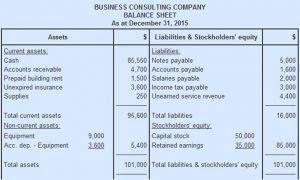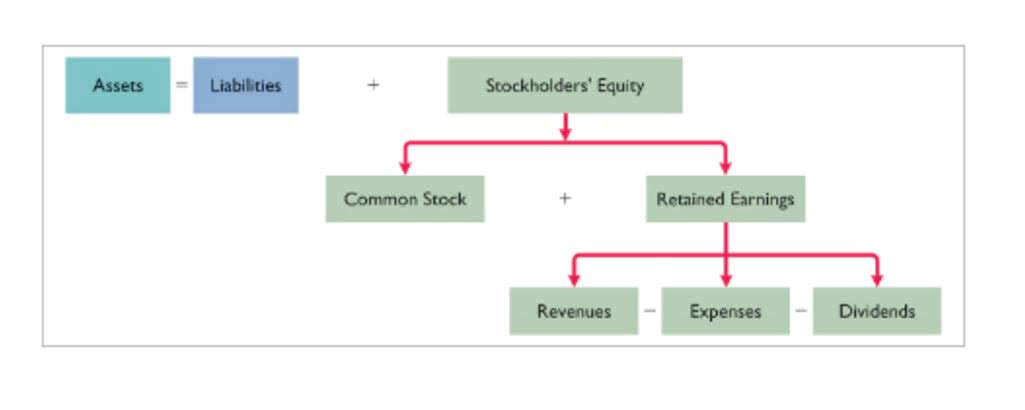
In the world of accounting, the accrual basis and cash basis are like two different landscapes. Accrual recognizes revenue and expenses when earned or incurred, while cash focuses on actual inflows and outflows. This distinction impacts what is business accounting financial reporting, analysis, and adherence to accounting principles and standards. From the fundamental Accounting Equation to the meticulous Double-Entry Bookkeeping system, we will unravel these concepts step by step. Furthermore, we will uncover how accounting helps managers make informed decisions through financial statements and budgeting techniques.
Want to learn about Uopeople academic programs

It’s one of the clearest indicators of how well your normal balance sales translate into real income. By spreading my investments across different areas, I reduce the risk of losing too much if one stream dries up. As a seller, that includes income streams too — mixing short-term projects, retainers, and upsells helps me stay more stable even if a single client exits. Say I close $10K in deals this month, but one client pays late and another asks for net-30 terms. For me, that’s what I use to run LinkedIn ads, buy tech, or bring on support when my pipeline gets full. You might be crushing your quota, but if your burn rate is too high, you won’t feel the results in your bank account.
Cash vs. accrual accounting
Implementing effective budgeting and forecasting practices will empower you to take control of your business’s future success by making well-informed financial decisions. In conclusion, understanding how to interpret financial statements is essential for making informed decisions about a company’s future. By conducting thorough financial statement analysis, you can gain valuable insights into its financial performance and overall health. The balance sheet provides information about a company’s assets, liabilities, and shareholders’ equity at a specific point in time.
- CPAs are well-respected strategic business advisors and decision-makers.
- Accounting is a term that describes the process of consolidating financial information to make it clear and understandable for all stakeholders and shareholders.
- While financial statements are for external use, they may also be for internal management use to help make decisions.
- This type of accounting tracks, records, and analyzes the various costs related to your company’s products or services.
- Interpreting trends in financial ratios can help you identify areas of strength and weakness within your business.
- Certifications such as the Certified Public Accountant (CPA) and Certified Management Accountant (CMA) are recognized credentials that demonstrate knowledge and commitment to the profession.
Best High-Yield Savings Accounts Of September 2023
You can expect to complete a range of core courses during your first two years before https://www.bookstime.com/ moving into your major coursework. The average total cost of a bachelor’s degree, including books, supplies, and living expenses, is $38,270, according to the Education Data Initiative 1. Explore bachelor’s degree in accounting programs, the difference between an accounting and finance degree, and what you can do with this major after graduation. One of the most frequently asked questions about accounting is whether your small business truly needs to hire an accountant. Costs will vary widely depending on where you are located, what states you do business in and whether you choose an accountant or an accounting firm. As a general rule, you will either pay a fee per service, or an hourly rate.
- Organized records can not only be retrieved and reviewed at any time but can also be used to drive further business decisions.
- Similar to any other profession, time management is an essential skill to have.
- These programs may also explore ethical standards, tax regulations, emerging technologies, and sustainability accounting practices.
- It also takes into account liabilities, such as accounts payable, business loans and taxes, and the value of your assets, such as cash and inventory.
- Financial reports are required if the company files business deductions or depreciation.
Income Statement

Also known as managerial accounting, this type of accounting manages a company’s day-to-day financial activities while setting long-term financial goals. Many small businesses use software to log and track income and expenses. The purpose of managing revenue, costs, and expenses is so that it’s easy to see how much the business earns and how to adjust if needed. For example, if losses outweigh revenue, a company may look at the cost of goods or pricing on the products or services offered to see about cutting costs or raising prices. Some businesses keep profit-and-loss statements monthly, quarterly, or yearly.

